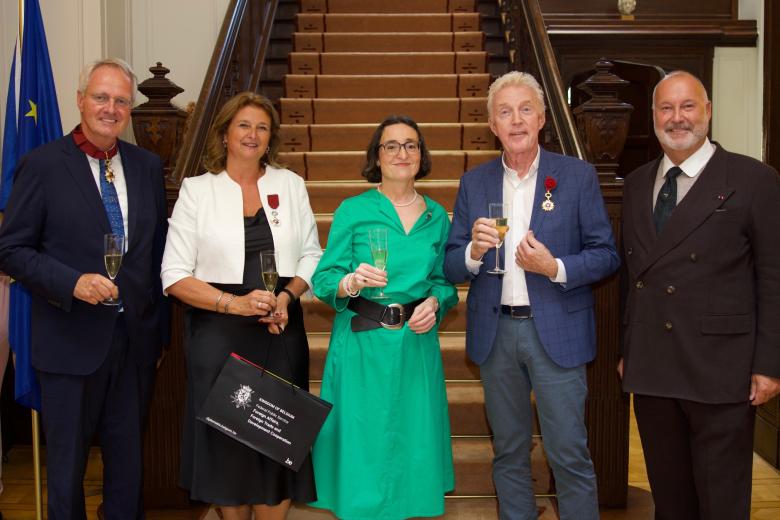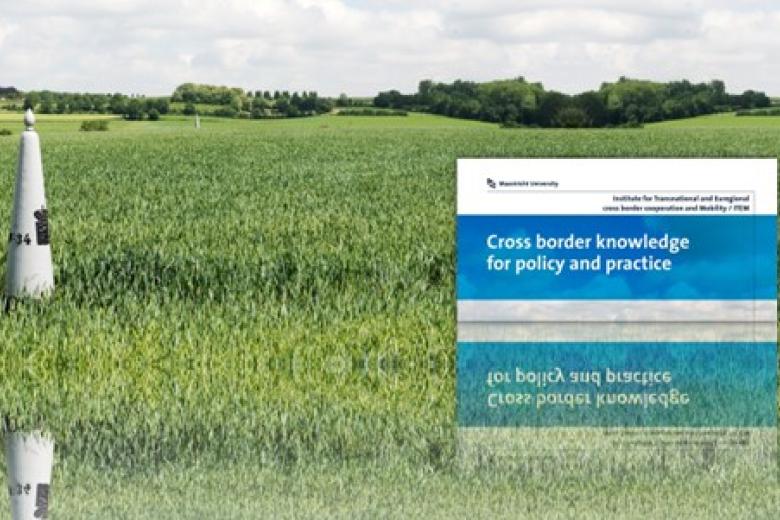Blaming the Addicted Brain
Building bridges between criminal law and neuroscientific perspectives on addiction. Addiction is pervasively present within the criminal justice sector, requiring legal professionals to deal with addicted defendants on a regular basis and having to assess the influence of addiction on responsibility. Yet, the precise conceptualization of addiction has been a topic of discussion for centuries, resulting in difficulties in addressing addiction-related crime in court.
Over the last decades, addiction has increasingly been conceptualised as a brain disease, which arguably could alter the law’s current approach towards the criminal liability of addicted defendants. In this thesis, an overview of the different ways of conceptualising addiction is provided, before applying this knowledge onto both the legal framework of Dutch criminal law, and to more universal legal concepts. As such, the compatibility of concepts such as intent, premeditation, insanity, diminished responsibility and prior fault, with potentially impaired capacities stemming from addiction, is critically examined. After assessing the ‘law in the books’, the second half of the dissertation contains an evaluation of the ‘law in action’.
This encompasses the role of addiction in case files, the presence of neuroscientific information in cases of addicted defendants, its influence on legal decision-making, and experiential accounts of legal professionals. Combining normative, comparative and experimental designs, this thesis does not only analyse some of the complexities of addiction in the context of criminal justice, but also contributes to the growing practice of interdisciplinary and empirical (neuro)legal research.
Click here for the full dissertation.
Click here for the live stream.
Also read
-
Professor Anouk Bollen-Vandenboorn appointed Knight in the Order of the Crown
Prof. Dr Anouk Bollen-Vandenboorn, Director of the Institute for Transnational and Euregional cross border cooperation and Mobility (ITEM) at the Faculty of Law, Maastricht University, was appointed Knight in the Order of the Crown on 3 July, during a formal ceremony at the Belgian Embassy in The...

-
ITEM continues: Advancing cross-border cooperation and impact
ITEM enters new phase within UM Faculty of Law from 2025.

-
IGIR seminar series
The IGIR seminar series will be launched after the Summer break. Our aim is to offer a nice and friendly environment for staff members and visiting researchers to present their ongoing research.
